Why Choose Iles & Jenkin?
Firstly, you should meet with us and decide if we are the sort of people that you can work with. We always remember that we are here for you, the landlord first and foremost. We can customise our services to make them work for you and if there is anything you need that you can not find here, please just ask, it may well be something we already do, or need to offer!
Preparation & Presentation
Our experience has shown that those properties which have been properly prepared for letting, benefit from successful, long-term lets, generating the right market rent and attracting reliable tenants. In the majority of cases where tenants have been problematical, badly maintained property or opportunist landlords have been the root causes.
We recommend your property is properly prepared and that any decorating jobs are undertaken prior to marketing. Furniture should be of good quality or removed altogether. Windows should be clean and domestic appliances serviced. If you have any unreliable appliances in the property you should consider replacement or removal prior to letting.
We will offer impartial advice to assist you. In summary, quality homes attract quality tenants.
Selection of Suitable Tenants
We will discuss with you the target tenants suitable for your property, and will endeavor to source tenants matching the agreed criteria. Once an application is forwarded, references are usually taken from the following: Employer and Current Landlord as well as Right to Rent.
We also credit check tenants for reliability and track record. We aim to process all references within 7 working days.
Inventory
Once a tenant’s application has been placed and accepted, we will prepare an Inventory. This is a schedule for the condition of your property. This can then be compared to a schedule of dilapidations prepared at the end of the tenancy.
Tenancy Agreement
The Tenancy Agreement we use is very comprehensive. An initial contract is usually prepared for no less than six months. All tenancies are now Assured Shorthold, unless stated otherwise. The tenant will usually pay no less than one month’s rent in advance, with the equivalent of four weeks rent being paid as a security deposit. The security deposit can be paid back to the tenant at the end of the tenancy once we are satisfied that the property is left in the same condition as at the start of the tenancy.
The landlord upon request can add additional clauses to the tenancy agreement.
Rent Collection
For managed clients, we will collect the monthly rent on your behalf. We then make deductions for management charges and other maintenance items, paying the net amount directly into your bank account.
Inspections
A regular visit by our management department is an obvious way of monitoring your tenants. Should you take advantage of our Managed Service Package, we expect to visit your property at least once every 3 months.
Technology
We have invested heavily in a state of the art computer system in order to assist us in the management of properties. The system monitors everything from rent payments, credit control, maintenance, gas safety and landlords tax statements.
Insurance
There are a number of insurance policies available to landlords including buildings, limited contents, legal expenses, rent guarantee and emergency repair. We can provide full details of any policies you may wish to undertake.
Compliance
There are many compliance matters which need to be considered when planning to let your property: some of these are Gas, Electricity, Legionella Risk Assessments, Deposit Protection and Foam Furniture.
Gas Safety
More often than not this is a simple inspection carried out by a GAS SAFE registered inspector. Upon satisfaction, a certificate is issued for 12 months. This certificate must be placed on file at our offices.
Smoke and Carbon Monoxide Detectors
There has to be at least one smoke detector on each habitable floor, which depending on when the house was built, may need to be mains wired. There also needs to be Carbon Monoxide detectors in any room with an open flue gas appliance or solid fuel appliance.
Legislation will soon be changing to mean that all gas appliances will be required to have a CO detector in the room.
Legionella Risk Assessments
The practical and proportionate application of health and safety law to landlords of domestic rental properties is that whilst there is a duty to assess the risk from exposure to Legionella to ensure the safety of their tenants, this does not require an in-depth, detailed assessment. The risks from hot and cold water systems in most residential settings are generally considered to be low owing to regular water usage and turnover. A typical ‘low risk’ example may be found in a small building (eg housing unit) with small domestic-type water systems, where daily water usage is inevitable and sufficient to turn over the entire system; where cold water is directly from a wholesome mains supply (no stored water tanks); where hot water is fed from instantaneous heaters or low volume water heaters (supplying outlets at 50 °C); and where the only outlets are toilets and wash hand basins. (HSE Website)
A simple assessment may show that there are no real risks and are being properly managed and no further action is needed. It is important to review the assessment in case anything changes in the system.
We can arrange an assessment on your behalf by a competent and insured person, or if you are happy to carry this assessment yourself, we are happy for you to provide us a copy of this assessment.
Electrical Testing
These Regulations require landlords to have the electrical installations in their properties inspected and tested by a person who is qualified and competent, at an interval of at least every 5 years. Landlords have to provide a copy of the electrical safety report to their tenants, and to their local authority if requested.
Tenancy Deposit
The Deposit will be protected by The Deposit Protection Service (The DPS) in accordance with the Terms and Conditions of the DPS. The Terms and Conditions and ADR Rules governing the protection of the Deposit, including the repayment process, can be found at www.depositprotection.com.
Energy Performance Certificates
All rental properties now require an Energy Performance Certificate under The Housing Act 2004. This lasts for letting properties for 10 years and we can arrange this to be carried out. The minimum required is a band E, unless special dispensation can be arranged.
Logical Letting
The above legislation and compliance has been introduced to protect you, the landlord, from liability. If a property is properly prepared for letting, it will comply with all of the above and can be let with total peace of mind.

